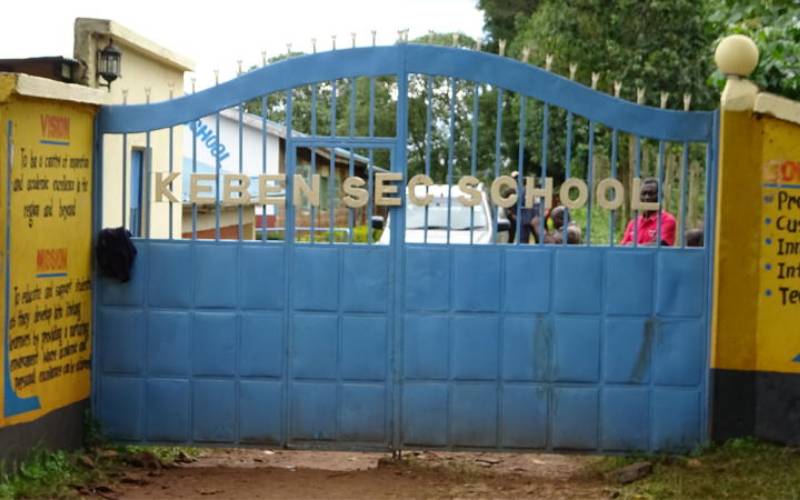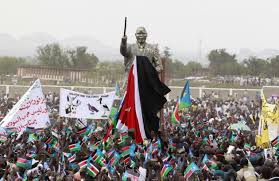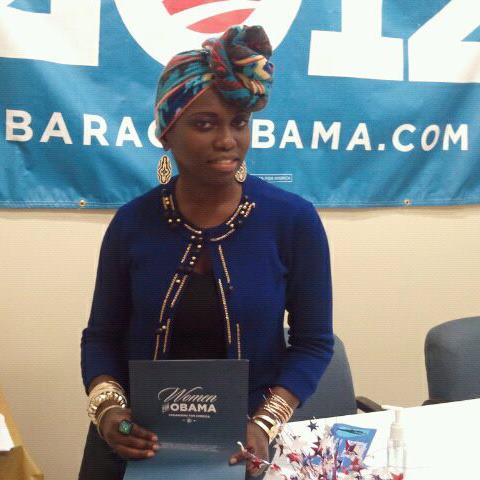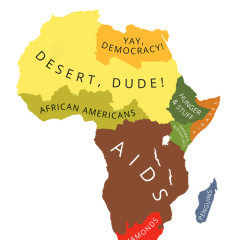EAC launches common market scorecard
February 21, 2014
The East African Community has launched a scorecard to monitor the implementation of the Common Market among its five member states.
 Entitled, “East African Common Market Scorecard 2014: Tracking EAC compliance in the movement of capital, services and goods,” the report was prepared with the support of the World Bank Group.
The scorecard examines selected commitments made by the partner states, outlines progress in removing legislative and regulatory restrictions to the protocol, and recommends reform measures.
Addressing delegates at the launch of the report in Arusha on Tuesday, EAC Secretary General Dr Richard Sezibera said that all partner states were expected to remove internal tariffs, implement a common external tariff, and remove non-tariff barriers to trade, among other commitments. “If implemented, these measures will have a profound and positive impact on the economies of the partner states.”
East African countries, Dr Sezibera said, had committed themselves not to introduce new restrictions, and to eliminate existing ones. The scorecard, he said, would assist in these efforts by keeping track of progress on commitments to the protocol. “It is about identifying those areas where we are doing well and strengthening them. And also about identifying those areas where reforms are required to meet the expectations of deepened integration.”
In her closing remarks, the chairperson of the EAC Council of Ministers and Kenya’s Cabinet Secretary for East African Affairs, Commerce and Tourism, Mrs Phyllis Kandie, said that the region’s citizens were eager to exploit the vast potential of a well-functioning Common Market. “They would like to enjoy the benefits that come along with market integration. Due to slow pace of implementing the protocol, the optimism among East Africans during the launch of the protocol is slowly fading away and being replaced by some level of despair.”
The East African Business Council executive director Andrew Luzze pointed out that an important criterion for cross-border investment and foreign direct investment is a facilitative and predictable business environment across the EAC Common Market. “An important aspect of this is that rules, regulations and other administrative actions governing the movement of capital, services, and goods, should exist only to ensure public safety and fair competition – never to stifle legitimate businesses.
Catherine Masinde, the head of investment climate for East and Southern Africa at the International Finance Corporation, said that some of the measures that have worked against the aims of the Common Market include the application of charges equivalent to tariffs, technical barriers to trade, non-recognition of rules-of-origin certificates, nationality and residency requirements before offering services, restrictions in ownership of firms, and discriminatory tax treatment for investors from other partner states. “The scorecard identifies such restrictions, and recommends their removal, so that the common market can operate as a single destination.”
The scorecard report makes four key recommendations: Complete elimination of tariffs and equivalent measures; elimination of non-tariff barriers; greater effective implementation of the common external tariff; and continuation of the process of harmonization and mutual recognition of sanitary and phytosanitary standards as well as standards preventing technical barriers to trade.
East African News Agency/New Vision]]>
Entitled, “East African Common Market Scorecard 2014: Tracking EAC compliance in the movement of capital, services and goods,” the report was prepared with the support of the World Bank Group.
The scorecard examines selected commitments made by the partner states, outlines progress in removing legislative and regulatory restrictions to the protocol, and recommends reform measures.
Addressing delegates at the launch of the report in Arusha on Tuesday, EAC Secretary General Dr Richard Sezibera said that all partner states were expected to remove internal tariffs, implement a common external tariff, and remove non-tariff barriers to trade, among other commitments. “If implemented, these measures will have a profound and positive impact on the economies of the partner states.”
East African countries, Dr Sezibera said, had committed themselves not to introduce new restrictions, and to eliminate existing ones. The scorecard, he said, would assist in these efforts by keeping track of progress on commitments to the protocol. “It is about identifying those areas where we are doing well and strengthening them. And also about identifying those areas where reforms are required to meet the expectations of deepened integration.”
In her closing remarks, the chairperson of the EAC Council of Ministers and Kenya’s Cabinet Secretary for East African Affairs, Commerce and Tourism, Mrs Phyllis Kandie, said that the region’s citizens were eager to exploit the vast potential of a well-functioning Common Market. “They would like to enjoy the benefits that come along with market integration. Due to slow pace of implementing the protocol, the optimism among East Africans during the launch of the protocol is slowly fading away and being replaced by some level of despair.”
The East African Business Council executive director Andrew Luzze pointed out that an important criterion for cross-border investment and foreign direct investment is a facilitative and predictable business environment across the EAC Common Market. “An important aspect of this is that rules, regulations and other administrative actions governing the movement of capital, services, and goods, should exist only to ensure public safety and fair competition – never to stifle legitimate businesses.
Catherine Masinde, the head of investment climate for East and Southern Africa at the International Finance Corporation, said that some of the measures that have worked against the aims of the Common Market include the application of charges equivalent to tariffs, technical barriers to trade, non-recognition of rules-of-origin certificates, nationality and residency requirements before offering services, restrictions in ownership of firms, and discriminatory tax treatment for investors from other partner states. “The scorecard identifies such restrictions, and recommends their removal, so that the common market can operate as a single destination.”
The scorecard report makes four key recommendations: Complete elimination of tariffs and equivalent measures; elimination of non-tariff barriers; greater effective implementation of the common external tariff; and continuation of the process of harmonization and mutual recognition of sanitary and phytosanitary standards as well as standards preventing technical barriers to trade.
East African News Agency/New Vision]]>





























